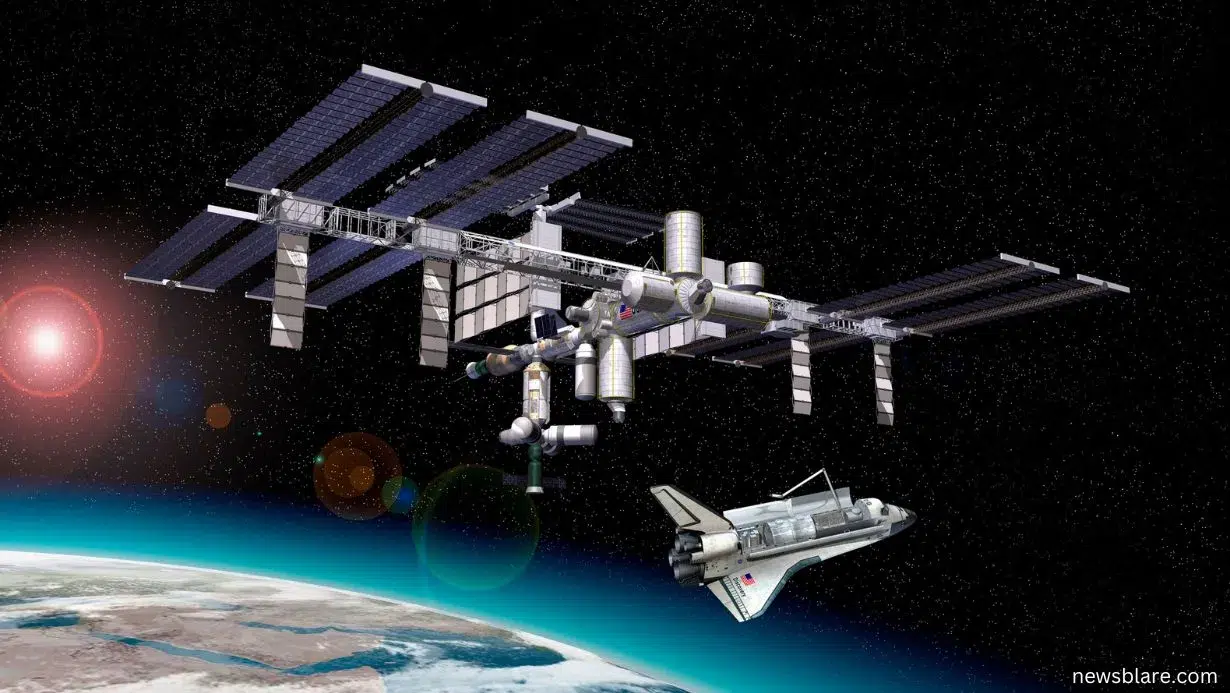In just more than 6 decades, human endeavours in space transitioned from extraordinary adventures to everyday activities. Space development now reaches lives of billions. Even if you want to book a ride, it’s as easy as opening an app on your smartphone and taxi will reach your location from satellites orbiting the Earth. Thus, several countries using space technology have made seen improvement in their economic activity measured in terms of GDP.
In upcoming years, space technology will help monitor effects of climate change, warn the citizens about impending natural disasters and improve the humanitarian response to such events. Experts believe that space tech should also streamline flow of global trade with help of more efficient supply chains.
Countries using space technology expected to see strong growth over the next decade as individuals become more and more dependent on this technology. From making calls through cell phone, locating oneself with the help of an online map to the filtered water we drink, we all are covered with space technology.
Using space technology can benefit various industries such as location and communication services, agriculture, drinking water and food, etc. As the result, following are some of the countries focused on using space technology.
India
India’s space ambitions have been growing and should continue to grow. The country’s space sector saw strong surge in activity.
While India tops the list of key countries using space technology, it has developed dedicated bodies and platforms which can help facilitate coordination and knowledge sharing. There are private companies which continue to provide cost-effective satellite launch services and space-tech based communication solutions. Some companies provide imagery data customed for applications in agriculture and infrastructure development.
Japan
Japan has earmarked numerous resources to space endeavours, further augmenting its strong prominent position in space exploration, research and navigation. Japanese space ecosystem is known for cooperative nature, building partnerships throughout public, private and international sectors.
As per the forecasts from the World Economic Forum, Japan’s space industry has been worth ~JPY1.2 trillion (equating to ~$8.6 billion) and Japanese government has plans to double that to JPY2.4 trillion (~$17 billion) by early 2030s.
Therefore, the Japanese government focuses on efforts which will make public and private sectors work together. Collectively, they can achieve sustainable development throughout Japan’s space industry.
Around 5 years ago, there were ~10 space startups in Japan. Right now, the number has surpassed 50 start-ups. Therefore, start-ups and increased government support supports growth of Japan’s space industry.
Ukraine
Ukraine continues to focus space technology to support defence forces against Russian military aggression. This country was denied access to some privately-run satellite technology. This emphasizes need for governments to make investment in their own space-based defence infrastructure.
Experts believe that there are ~40 companies in Ukraine which operate in the rocket and space industry. The leading centers include the design bureau, “Yuzhnoye,” and production association “Yuzhny Machine-Building Plant” in Dnipro.
Ukrainian developers achieved success in developing spacecraft and carrier rockets, and have manufactured more than 400 artificial satellites. They have also participated in international space programs.
Even though they have limited funding, the country focuses on developing its space industry. This is being achieved by creating carrier rockets, spacecraft, and cooperating with space agencies of several different countries.
Saudi Arabia
Saudi Arabia uses space exploration to diversify economy and develop a tech-focused industry. While there are several countries using space technology, Saudi Arabia has seen substantial investments in space.
The country’s astronauts have visited International Space Station for the first time in 2023. Not only this, Saudi Vision 2030 initiative details the plans to build a space industry. This is being supported by $2 billion investment over upcoming decade.
Investment in economy space continues to focus on promoting scientific research, boost up national security, and transition its overall economy beyond traditional dependency on natural resources.
Thailand
This country continues to advance its space technology capabilities with target of improving lives of its citizens. In 2022, Thailand released a 5-year plan focused on domestic satellite design and development research. It starts with TSC-Pathfinder satellite for Earth observation.
Thailand has plans to develop multi-billion-dollar domestic space market. It is developing domestic launch site to aid launch demand in Asia.
Peru
Peru has been trying to bridge digital divide and it empowers youth with the help of satellite-enabled connectivity throughout local communities.
The revolutionary ‘Internet for All’ programme, which was unveiled in 2019, focuses on collaborative partnerships among space industry players and non-space operators. This helps in strengthening internet access in rural areas.
At the same time, Peruvian Ministry of Education implemented the rural school connectivity initiative. They have invested in internet infrastructure and digital educational resources which are customised for remote settlements.

1 Comment